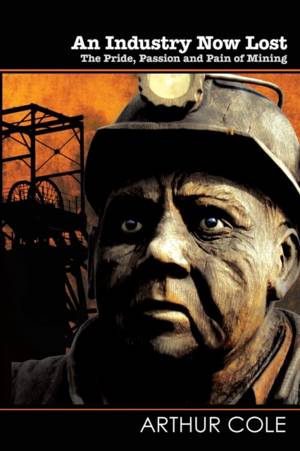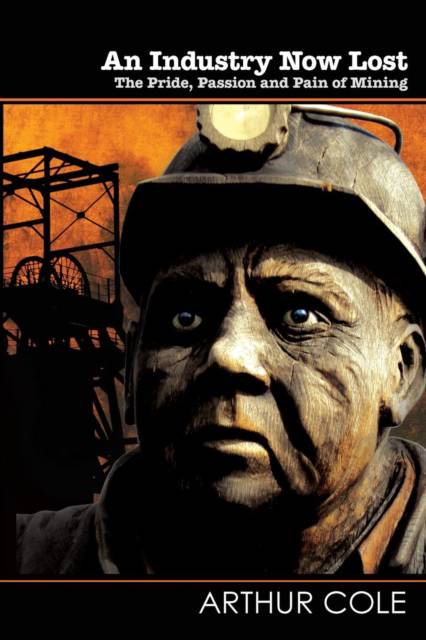
- Retrait gratuit dans votre magasin Club
- 7.000.000 titres dans notre catalogue
- Payer en toute sécurité
- Toujours un magasin près de chez vous
- Retrait gratuit dans votre magasin Club
- 7.000.0000 titres dans notre catalogue
- Payer en toute sécurité
- Toujours un magasin près de chez vous
Description
An 'Industry Now Lost' is a book of poems on the subject of coal mining throughout the UK and other countries of the world. It mostly portrays mining disasters from Victorian times, however there are more modern disasters depicted like 'Aberfan' in 1966 and 'Gleision' in 2011. Arthur Cole is from a mining background and has seen the industry decimated in modern times. There are poems relating to the resolve of miners and their endeavour to succeed, one such poem, A tribute to tower, is about a colliery bought out by the work miners. For thirteen years they worked for themselves. The driving force behind this was their leader, Tyrone O'Sullivan. This was a great achievement at a time when collieries were closing left, right and centre. On a sadder note there is one on the closing of Kellingley Colliery, the last deep mine in the UK. There are many other noteworthy disasters commemorated, such as Senghenydd, Gresford and Parc Slip. In these disasters many brave men and children lost their lives. Many of the poems relate to conditions during Victorian times, where whole families worked underground, even children as young as six years of age. To say conditions were grim is an understatement. Workers were treated with disdain and health and safety was non existent. In Victorian times it was all about profit, the rich got richer and the poor were discarded. There are poems relating to pit ponies and canaries outlining the vital role they played underground. There is a poem 'The Keeper of the Collieries' a nine-foot-high oak statue of a miner. The statue looks down on the Llynfi Valley, Maesteg. This valley that once boasted three working coal mines within two miles of each other, sadly no more. With the poems Arthur describes the dangers of mining over a long period of time and the bravery and resolve of those individuals who dare to work in the bowels of the earth.
Spécifications
Parties prenantes
- Auteur(s) :
- Editeur:
Contenu
- Nombre de pages :
- 74
- Langue:
- Anglais
- Collection :
Caractéristiques
- EAN:
- 9781789420210
- Date de parution :
- 30-07-18
- Format:
- Livre broché
- Format numérique:
- Trade paperback (VS)
- Dimensions :
- 152 mm x 229 mm
- Poids :
- 122 g

Les avis
Nous publions uniquement les avis qui respectent les conditions requises. Consultez nos conditions pour les avis.






